Doing business with friends or family can get complicated. Here's what a professional real estate agent wants you to know before you seal the...
Real Estate
When you’re shopping for a home, you’re likely focused on the list price and down payment. But don’t overlook utility bills. From electricity and water to internet and trash service, these monthly costs can add up fast, and vary a lot depending on the home. Whether you’re eyeing a home in El Paso, TX or New Haven, CT, understanding what utilities might cost can help you budget smart from the start....
Want to know something important you probably don’t have a professional check for you nearly as often as you should? Spoiler alert: it’s the value of your...
Designers are redefining wallpaper borders as chic accents that highlight trim, add pattern, and instantly upgrade any...
Selling a home often involves negotiation. One tool that can help you attract buyers, smooth out deal hiccups, and close faster is the seller concession. Instead of cutting your asking price, you can offer to cover certain costs or provide credits that reduce the buyer’s upfront expenses Whether you’re selling a home in Seattle, WA, Austin, TX, or Chicago, IL, this Redfin guide will walk you...
Congratulations, you’re heading to college. This should be an exciting time in your life, and to make your transition easier, we’ve compiled a guide on how to look for off-campus housing. While on-campus housing offers convenience and a built-in community, many students opt for off-campus living for reasons like greater independence, more diverse living environments, potentially lower costs, or the...
Key takeaways: You can rent an apartment as an international student in the U.S., but may need a co-signer or guarantor. Gather required documents early, including your passport, visa, and proof of enrollment. Create a budget that covers rent, utilities, food, transportation, and personal expenses. Research neighborhoods, know your tenant rights, and read your lease carefully before...
Closing day usually takes a few hours from start to finish, with the signing itself lasting about 1-2 hours for buyers and less than an hour for sellers. The exact length depends on whether you’re financing with a mortgage, paying cash, or if last-minute issues pop up. Knowing how long signing closing papers takes – and what to expect throughout the day – will help you plan your schedule and avoid...
Mortgage rates are finally heading in the right direction – and buyers are starting to jump back...
Dallas has the best of both worlds: classic front porches and big city energy. The market’s somewhat competitive; homes average 2 offers and go under contract in about 49 days. The city’s median sale price sits about 1% above the national mark; July closed at $450,000, roughly 2% up year over year. Covered front porches and true home offices are getting attention—listings with those features are...










